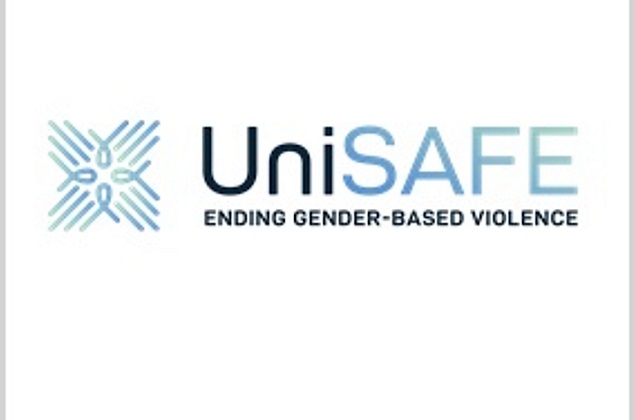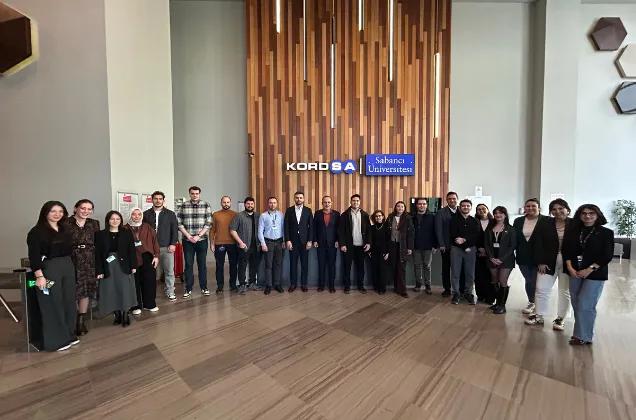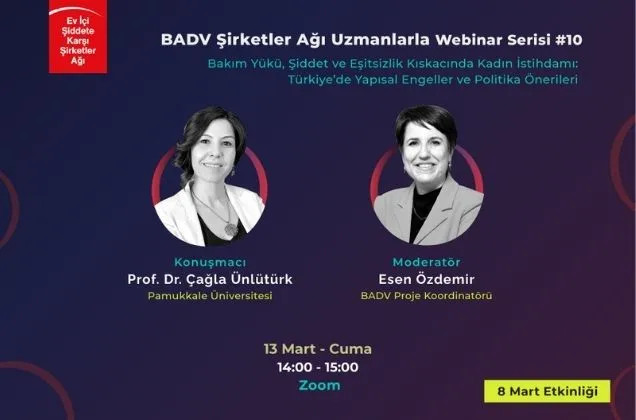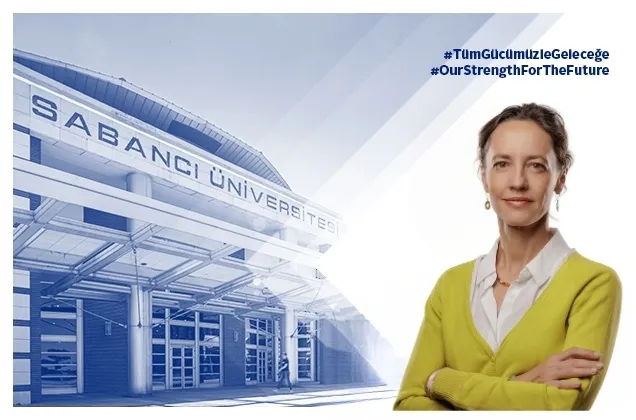11/10/2021
Under the leadership of Sabancı University Gender and Women's Studies Center of Excellence (SU Gender), our university will take part in UniSAFE, EU-funded project on gender-based violence, which includes 46 universities from 15 European countries.

Expected to be among the largest of its kind, the survey’s field research will be conducted by Hülya Adak and Ayşe Gül Altınay from SU Gender. The survey will be implemented from January to April 2022 among participants’ staff, undergraduate and graduate students, and could potentially be one of the largest of its kind to provide measurable evidence of gender-based violence in European research and performing organisations.
“Despite the growing interest in gender-based violence in academia, it remains an under-developed field of knowledge and policy-making in the European Research Area. Generating in-depth data on a large scale will not only serve to raise awareness, it will also provide a solid basis to develop tools for universities and research organisations to eradicate gender-based violence” says Sofia Strid, UniSAFE scientific coordinator.
The first step within this project will be to gather measurable evidence on the prevalence of gender-based violence in European universities and understand how it relates to its determinants and consequences. The research examines experiences and related attitudes and behaviours among staff and students from the participating universities and research organisations. This quantitative study will be completed by 60 individual interviews with researchers at higher risk of gender-based violence and case studies on institutional responses at selected research performing organisations.
The next step will be to translate this solid and comparable data into recommendations and guidelines for all universities and organisations willing to implement radical change in preventing gender-base violence, protecting their students and staff, prosecuting the perpetrators, and providing services to their victims.
The aggregated data for this survey will be available in July 2022.
The UniSAFE project thanks the following universities and research organisations for their active participation:
- University of Namur (BE)
- University of Ghent (BE)
- University of Liège (BE)
- Institute of Czech Literature Czech Academy of Sciences (CZ)
- University of Ostrava (CZ)
- West Bohemian University (CZ)
- Tampere University (FI)
- University of Lapland (FI)
- University of Helsinki (FI)
- International Space University (FR)
- CNRS (FR)
- University of Paris-Est (FR)
- University of Cologne (DE)
- Technical University of Dresden (DE)
- Forschungszentrum Jülich (Helmholtz Association) (DE)
- University of Lübeck (DE)
- FH Aachen (DE)
- University of Akureyri (IS)
- University of Reykjavik (IS)
- University of Iceland (IS)
- TU Dublin (IE)
- Maynooth University (IE)
- University of Cagliari (IT)
- CNR (IT)
- University of Turin (IT)
- Vilnius Art Academy (LT)
- Vilnius University (LT)
- Kaunas University of Technology (LT)
- Wrocław University of Environmental and Life Sciences (PL)
- Nicolaus Copernicus University in Toruń (PL)
- Institute of Nuclear Physics (PL)
- Union University (RS)
- University of Belgrade (RS)
- University of the Basque Country (ES)
- University of Granada (ES)
- University Jaume I (ES)
- University of Deusto (ES)
- University of Gävle (SE)
- Halmstad University (SE)
- University West (SE)
- Ozyegin University (TR)
- Sabanci University (TR)
- Middle East Technical University (Ankara) (TR)
- Babraham Institute (UK)
- University of Warwick (UK)
- Brunel University (UK)




